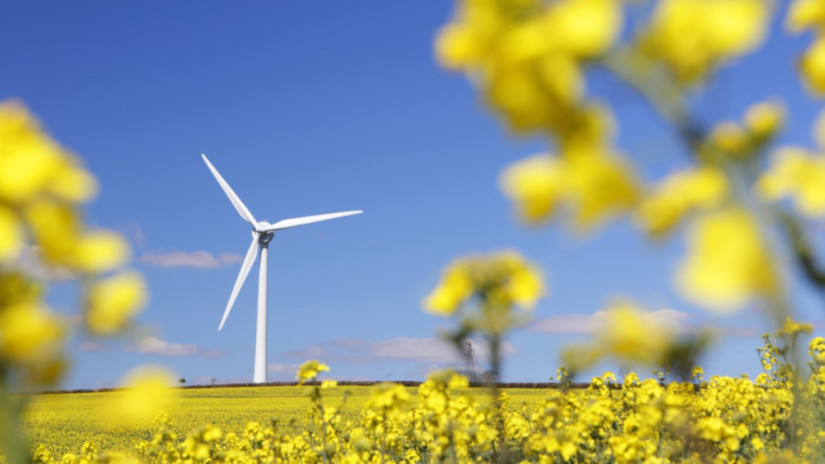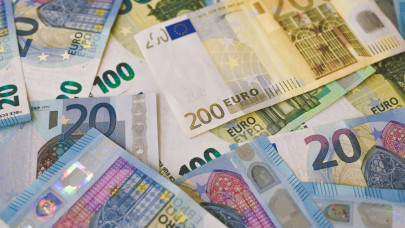Despite these advancements, challenges persist, particularly concerning the timely expansion of Europe's onshore and offshore electricity grids, posing a potential hindrance to the accelerated growth of wind energy.
In 2023, the EU saw a record installation of 16.2 GW of new wind energy capacity, with onshore wind accounting for 79% of the total, and over 1 GW derived from the repowering of old turbines. Germany led in new capacity installations, followed by the Netherlands and Sweden.
Wind energy contributed to 19% of the EU's total electricity consumption in 2023, with renewables overall constituting 42% of the electricity mix. Denmark led in wind energy integration, with 56% of its electricity sourced from wind.
Looking ahead, WindEurope forecasts an average annual installation of 29 GW of new wind capacity from 2024 to 2030, aiming to achieve a total installed capacity of 393 GW by 2030. While onshore installations will dominate in the short term, offshore wind is expected to gain momentum towards the end of the decade, with new installations projected to match those of onshore wind by 2030.
The year 2023 witnessed notable advancements in critical areas for wind energy expansion, including permitting and investment. Permit approvals for onshore wind farms surged, driven by new EU regulations, with notable increases in Germany and Spain. Investments in new wind capacity also rose significantly, buoyed by improved market conditions and governmental support.
The political landscape regarding wind energy underwent a significant shift in 2023, with both EU and national governments recognizing the industry's challenges and committing to support it. The Wind Power Package introduced by the EU Commission outlined concrete actions to bolster the industry, while the European Wind Charter garnered support from EU Member States and hundreds of companies.
However, the main bottleneck to further wind energy expansion lies in the timely development of electricity grids. Grid connection delays are impeding the commissioning of new wind farms, jeopardizing the EU's renewable energy targets. Urgent action is needed to accelerate grid development and optimize infrastructure to ensure the seamless integration of wind energy into the European electricity grid.












